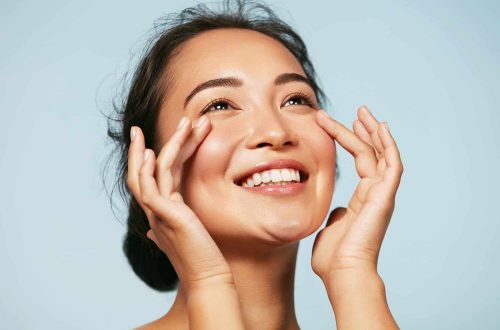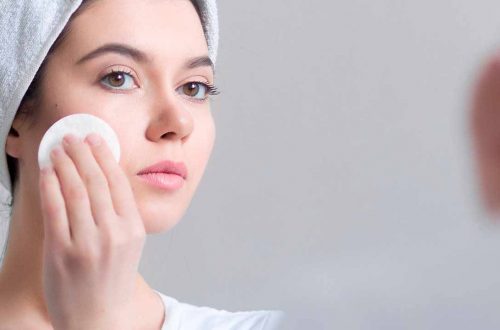
Treating skin blemishes
There are several options to prevent and treat sun spots, however, experts agree that treatments vary according to different skin types and sunspots, with cosmetics and lasers being the most effective.
According to experts, there are two types of dark spots, those caused by the signs of ageing and which are usually superficial, with a less dark colour and are easier to combat, and spots caused by too much sun, which usually appear around forty, although the most effective treatments for skin blemishes, there are more and more cases of blemishes before the age of thirty.

When UVA rays penetrate the skin, the skin’s pigment cell, the melanocyte, produces the melanin that pigments and also acts as a barrier. However, too much exposure to UVA rays causes an overproduction of melanin, so spots appear. Although there are several options to prevent and treat spots caused by the sun, there are certain myths that must be dismantled for proper skincare.
In this sense, there are a large number of anti-spot cosmetics made up of exfoliating and depigmenting active ingredients. However, it is necessary to emphasise that these cosmetics should be used for prevention, during treatment for lighter spots and as a complement to any aesthetic treatment. Darker spots will not disappear with the use of cosmetics, but they will help them to dissipate, therefore, cosmetics are a good ally in the prevention and treatment of skin blemishes.
Although there are cosmetics that have a greater action at night, these products can also be used during the day, 365 days a year with sun protection of 50 or 50+, not only in summer.
For superficial stains or superficial dermis, the experts recommend depigmenting peels that are made with products to peel the skin and help regenerate, such as fruit acids (AHA) or TCA (trichloroacetic acid). In the case of deeper stains, a stronger peeling with Phenol is necessary, but this treatment, the experts warn, is not indicated for all skin types.
The experts also recommend that, even though the incidence of sunlight is lower during winter, constant exposure to the sun will cause the appearance of spots. For this reason, protection against UVA and UVB rays should be applied every time the skin is exposed to the sun, whether in winter or summer, applying sun creams with an index of 50 or 50+ every three hours, even when walking down the street. Solar radiation is good for the skin, since it causes the body to generate vitamin D, which is essential for calcium to be absorbed by the bones, but it is always necessary to do it in a controlled and responsible way.



